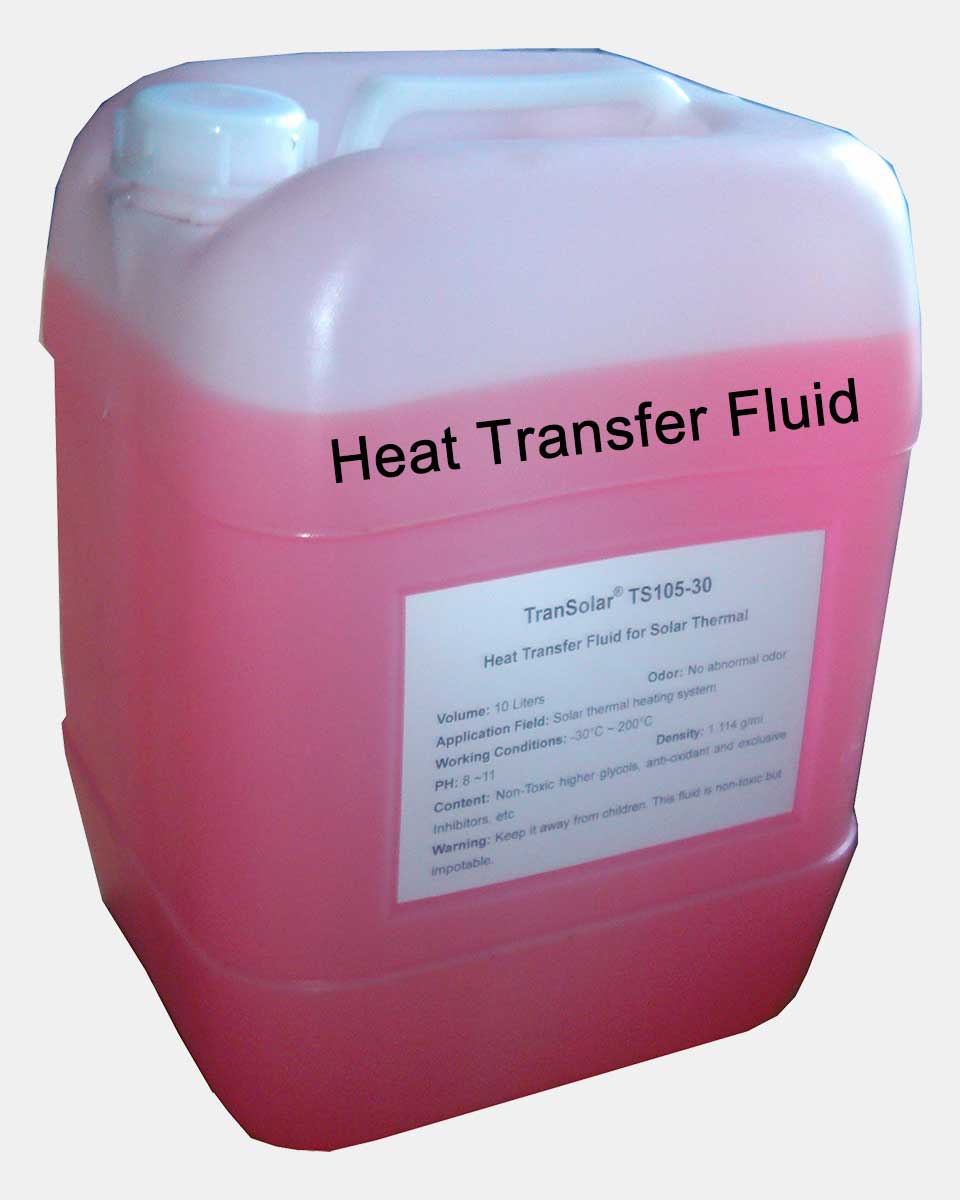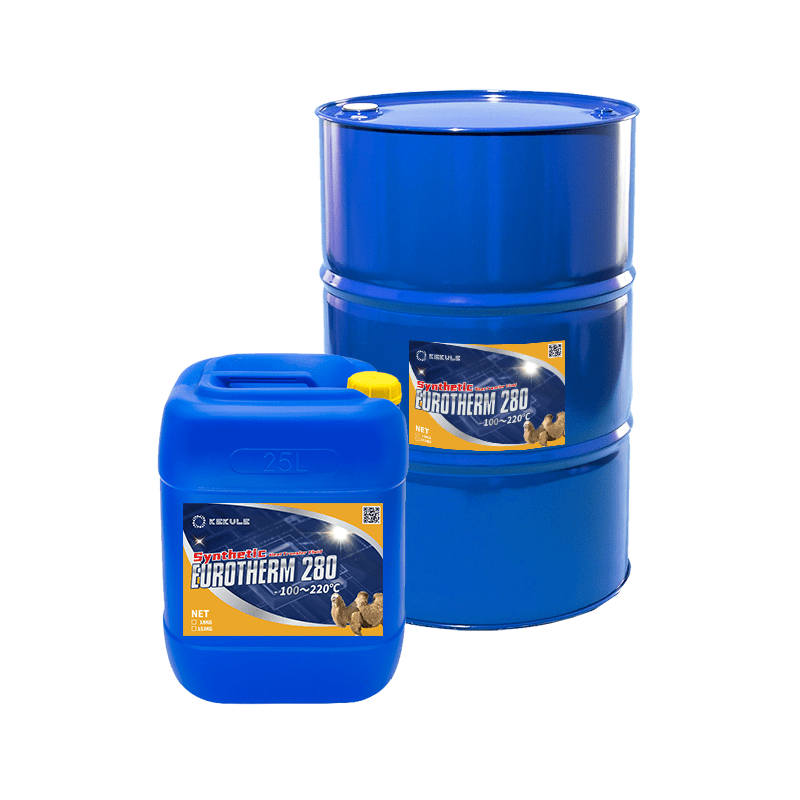Top Benefits of Using Silicone Oil as a Heat Transfer Fluid in Precision Machinery
Top Benefits of Using Silicone Oil as a Heat Transfer Fluid in Precision Machinery
Blog Article
Maximize Your System's Lifespan With the Right Heat Transfer Fluid
Selecting the proper warm transfer liquid is crucial for optimizing system efficiency and long life. The best fluid not only enhances thermal performance but likewise mitigates possible damage on crucial elements such as pumps and warmth exchangers - silicone oil. Recognizing the numerous kinds of warmth transfer fluids and the particular demands of your application can substantially affect the general health of your system. Yet, several forget essential variables that could make a considerable difference. What considerations might you be missing out on that could ultimately affect your system's efficiency?
Significance of Heat Transfer Fluids

Additionally, warmth transfer liquids add to the security and dependability of thermal systems. Furthermore, the appropriate warm transfer liquid can supply security against rust and scaling, further extending the lifespan of equipment and infrastructure.
Kinds Of Heat Transfer Fluids
Numerous kinds of warmth transfer liquids are generally used in commercial applications, each tailored to specific functional needs and temperature arrays. One of the most common categories consist of water, oils, and specialized synthetic liquids.
Water is often utilized as a result of its excellent thermal conductivity and accessibility; however, its restrictions emerge at heats and potential freezing problems. For greater temperature level applications, thermal oils, such as mineral oils or organic compounds, are utilized. These oils give exceptional thermal security and can operate efficiently at raised temperature levels, making them suitable for procedures like food handling and petrochemical production.
Artificial fluids, which can be either inorganic or organic, are created to meet particular performance standards. They commonly exhibit improved residential properties such as low poisoning, broad temperature level ranges, and resistance to oxidation. Instances consist of glycols and esters, which are ideal for specialized applications like solar thermal systems and warmth exchangers.
Additionally, cooling agents are utilized in cooling down systems, leveraging their stage adjustment residential properties to launch and absorb warm successfully. Each sort of warm transfer liquid is and offers distinct advantages chosen based upon the specific requirements of the application, ensuring ideal efficiency and system long life.
Elements to Think About When Picking
Selecting the suitable warmth transfer liquid involves careful factor to consider of numerous factors to make sure optimum efficiency and system efficiency. One of the key factors is the temperature variety needed for the system. Liquids differ in their thermal security and can shed or disintegrate performance outside specific temperature limits.
An additional critical factor to consider is the liquid's thickness, as it impacts pump performance and energy usage. A liquid that is also thick might hinder blood circulation and rise functional expenses. Additionally, the fluid's details warmth capability plays a crucial function in identifying how properly it can move warm.
Chemical compatibility with system materials is additionally vital to stop rust, degradation, or leakages - dielectric cooling fluid. Making certain that the picked fluid works with the construction products can prolong the lifespan of the system

Advantages of Appropriate Fluid Choice
Proper choice of a heat transfer liquid yields substantial benefits for system effectiveness and reliability. The ideal liquid enhances thermal conductivity, making certain optimal warm transfer prices within the system. This efficiency decreases energy intake, causing lower operational prices and a minimized ecological footprint.
Additionally, suitable liquid option adds to system durability by preventing deterioration and deterioration of elements. Liquids formulated with rust inhibitors protect metal surface areas, thus prolonging the life expectancy of pumps, pipelines, and warmth exchangers. In addition, selecting a fluid with appropriate thickness ensures effective circulation, which is essential for preserving constant temperature level circulation throughout the system.
An additional vital advantage is the liquid's thermal stability. A stable heat transfer fluid can run over a vast temperature array without damaging down or shedding efficiency, which is essential for systems exposed read review to varying thermal conditions. The right liquid can additionally alleviate dangers connected to freezing or boiling, thus avoiding functional interruptions.
Upkeep Tips for Durability
Guaranteeing the longevity of a warm transfer system needs thorough upkeep methods that complement the advantages of appropriate fluid choice. Regular assessments are vital to identify possible leaks, rust, or debris build-up that might endanger system effectiveness. Develop a routine timetable to assess pipe honesty, connections, and installations, as these locations are typically susceptible to tear and put on.

Checking liquid degrees and quality is equally important. Consistently examine for indicators of contamination, such as staining or particle issue, which can show destruction of the warmth transfer liquid. Applying routine liquid evaluation can supply understandings right into its chemical properties, allowing for prompt substitutes when needed.
Furthermore, preserving ideal operating temperatures is vital. Encourage making use of temperature level controls and sensing units to prevent getting too hot, which can speed up fluid destruction and damages system elements.
Finally, always abide by the maker's guidelines concerning fluid substitute periods and maintenance protocols. By devoting to these ideal methods, you can substantially improve the operational lifespan of your warmth transfer system, making sure trustworthy performance and reducing the demand for early replacements or pricey repair services.
Final Thought
To conclude, the option of an appropriate warmth transfer fluid is critical for boosting system effectiveness and longevity. By recognizing the different kinds of liquids and taking into consideration crucial factors such as thermal conductivity and deterioration resistance, ideal performance can be attained. Furthermore, routine maintenance and examinations play an important role in sustaining operating conditions. Focusing on these elements makes certain the prolonged lifespan of essential parts, eventually my latest blog post adding to an extra trustworthy and effective system.
Warm transfer fluids play an important role in numerous her comment is here industrial and business applications by helping with the effective transfer of heat between surface areas.Furthermore, warmth transfer liquids contribute to the safety and dependability of thermal systems. In addition, the fluid's particular heat capability plays an important role in identifying exactly how efficiently it can transfer heat.
The ideal liquid boosts thermal conductivity, making certain optimum warmth transfer rates within the system. A stable heat transfer fluid can run over a vast temperature level array without damaging down or losing effectiveness, which is necessary for systems subjected to changing thermal conditions.
Report this page